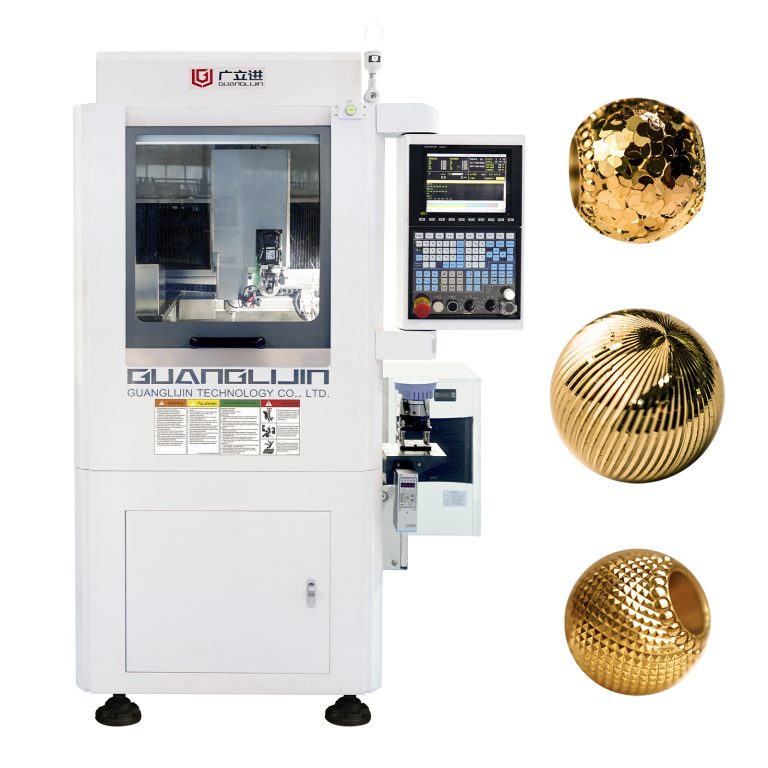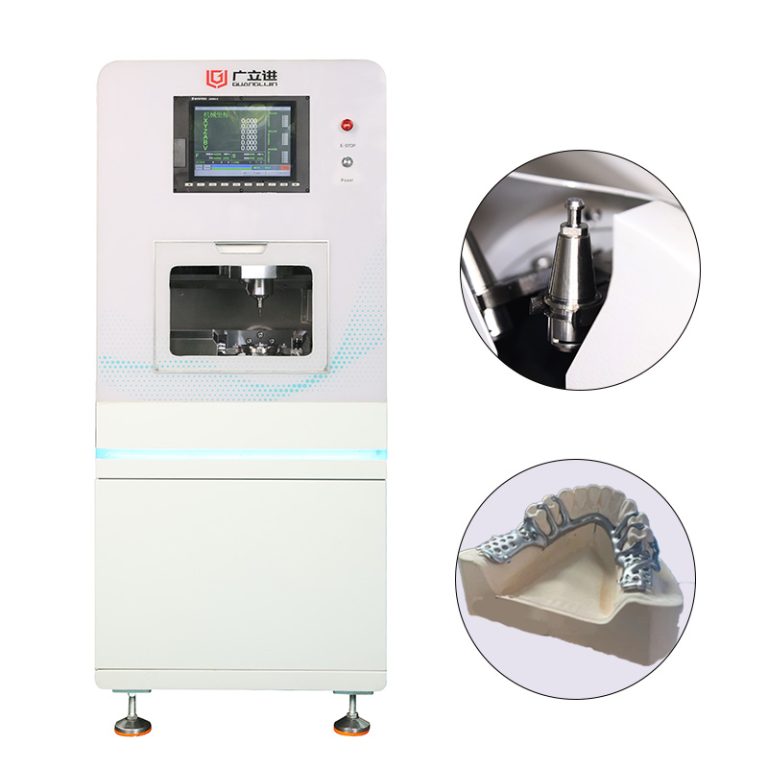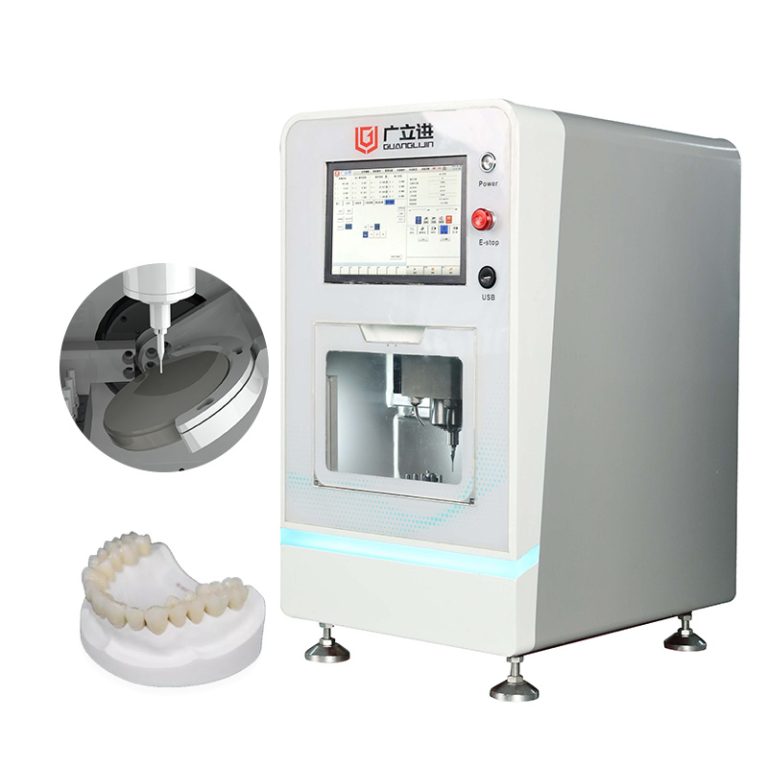Why Choose a 4 Axis CNC Machine for Complex Carving?
The Complex Carving Challenge
Woodworkers and metal artisans waste 35% of production time on multiple setups for intricate designs (Woodworking Network 2024). A 4 axis CNC machine solves this by adding rotational movement – letting you carve complex geometries in one operation.
Last spring, our team compared 3-axis vs 4-axis for ornate furniture legs. The 4-axis router completed the job in 1/3rd the time with superior detail. The difference was eye-opening.
Key Advantages for Detailed Work
Multi-Angle Access
The A-axis rotation lets tools approach workpieces from infinite angles. This means undercuts, curves, and 3D contours that stump 3-axis machines become simple.
Continuous Precision
Unlike manual repositioning, 4 axis CNC routers maintain ±0.005″ tolerance throughout rotations. For bronze sculptures we produced, this eliminated visible seam lines completely.
4-Axis vs 3-Axis for Carving
| Feature | 4 Axis CNC | 3 Axis CNC |
|---|---|---|
| Setup Changes | 0-1 | 3-8 |
| Complexity Limit | High | Medium |
| Typical Finish | Seamless | Visible transitions |
5-Step 4-Axis Operation Guide
- Design Preparation: Model using 4-axis CAM software (Fusion 360 works well)
- Workholding: Secure stock between centers or use a 4-jaw chuck
- Tool Selection: Choose short flute tools for better clearance
- Zero Setting: Establish X,Y,Z and rotational zero points
- Test Rotation: Verify clearance through full A-axis range
⚠ Critical Mistake Alert
Never skip the rotation test! 62% of 4-axis crashes occur from unexpected tool collisions during movement (CNC Magazine 2023). Always dry-run new programs.
Real-World Application Success
A musical instrument maker reduced guitar neck carving from 5 hours to 47 minutes using a 4 axis CNC router. Surprisingly, the improved consistency actually enhanced sound quality by ensuring perfect fretboard curvature.
Interestingly, their most profitable product – custom engraved rings – became feasible only after adopting 4-axis technology.
4-Axis Implementation Checklist
- □ Verify software supports 4-axis toolpaths
- □ Invest in proper rotary workholding
- □ Train on simultaneous vs indexed motion
- □ Start with simple rotational projects
- □ Schedule regular axis lubrication
Frequently Asked Questions
What types of carvings benefit most from 4 axis CNC machines?
Spiral designs, 360° sculptures, and complex reliefs gain the most. Think violin scrolls, ornate columns, or detailed busts – anything requiring multi-angle access.
How much more does a 4-axis machine cost than 3-axis?
Expect 30-50% higher initial cost, but the productivity gains typically pay this back in 8-14 months for busy shops.
Can you convert a 3-axis CNC to 4-axis?
Sometimes! Many machines accept rotary add-ons, but verify your controller and software can handle the extra axis first.




